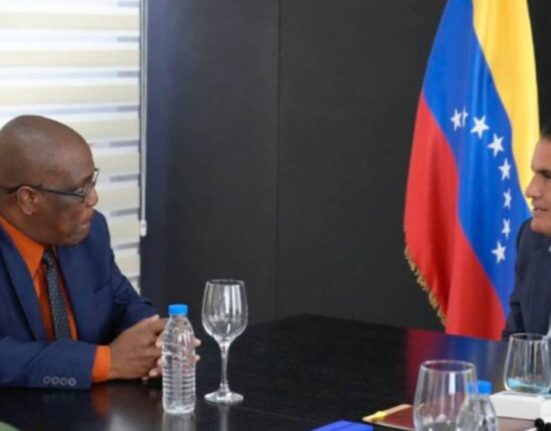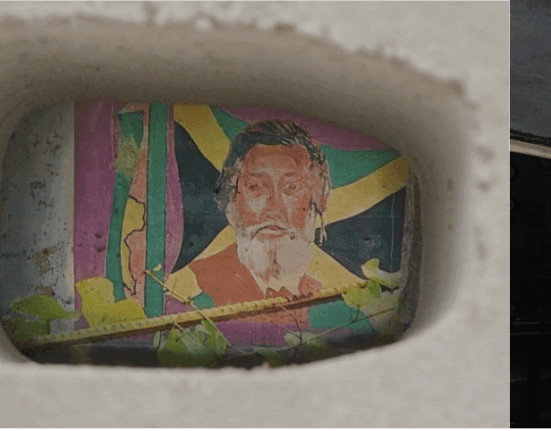The recent entry restrictions imposed by the United States have sparked outrage in Cuba, with Foreign Minister Bruno Rodríguez Parrilla accusing the measures of being “racist.
” These restrictions not only impact mobility but also hinder family connections and bilateral cultural and professional exchanges.
Rodríguez denounced the limitations set by the Trump administration, claiming they affect not just travel but also interpersonal relationships between Cuban families and their American counterparts. The move is seen as a blow to the longstanding cultural ties that have served as a bridge between the two nations.
“
These new entry bans to the US from several countries have a racist undertone with the support of anti-Cuban politicians. They harm communication among Cuban families, damaging personal, professional, academic, and cultural exchanges between both countries,
” remarked Minister Rodríguez on social media.
The executive order signed by President Donald Trump enforces total bans on citizens from twelve countries including Afghanistan, Iran, Libya, and Somalia while imposing partial restrictions on seven others like Laos, Sierra Leone, Turkmenistan, Venezuela – and notably Cuba. The decision is based on concerns over background check procedures deemed inadequate for ensuring national security.
The rift between Cuba and the United States deepens with these stringent policies that threaten to sever familial and professional ties. Cuba’s response underscores that these restrictions are not merely bureaucratic obstacles but significant political barriers impeding relations between the two nations.
Amidst escalating tensions following this latest development from Washington DC, it is evident that more than administrative hurdles these actions pose a substantial challenge to maintaining meaningful connections across borders. The implications go beyond logistics; they strike at the heart of shared histories and cultural exchange programs integral to fostering understanding between nations.
Expert analysts suggest that such restrictive immigration policies could strain diplomatic relations further between Cuba and the US. Dr. Maria Lopez, an international relations specialist notes: “
These measures risk eroding decades of efforts aimed at building bridges through educational partnerships and people-to-people exchanges.”
As debates rage over security concerns versus discrimination allegations in policy-making circles around this issue globally — one thing remains clear: human connections are often collateral damage in geopolitical maneuvers. The delicate fabric woven through years of people-to-people interactions now faces unraveling due to stringent governmental decisions affecting ordinary lives across borders.
In conclusion,…









Leave feedback about this